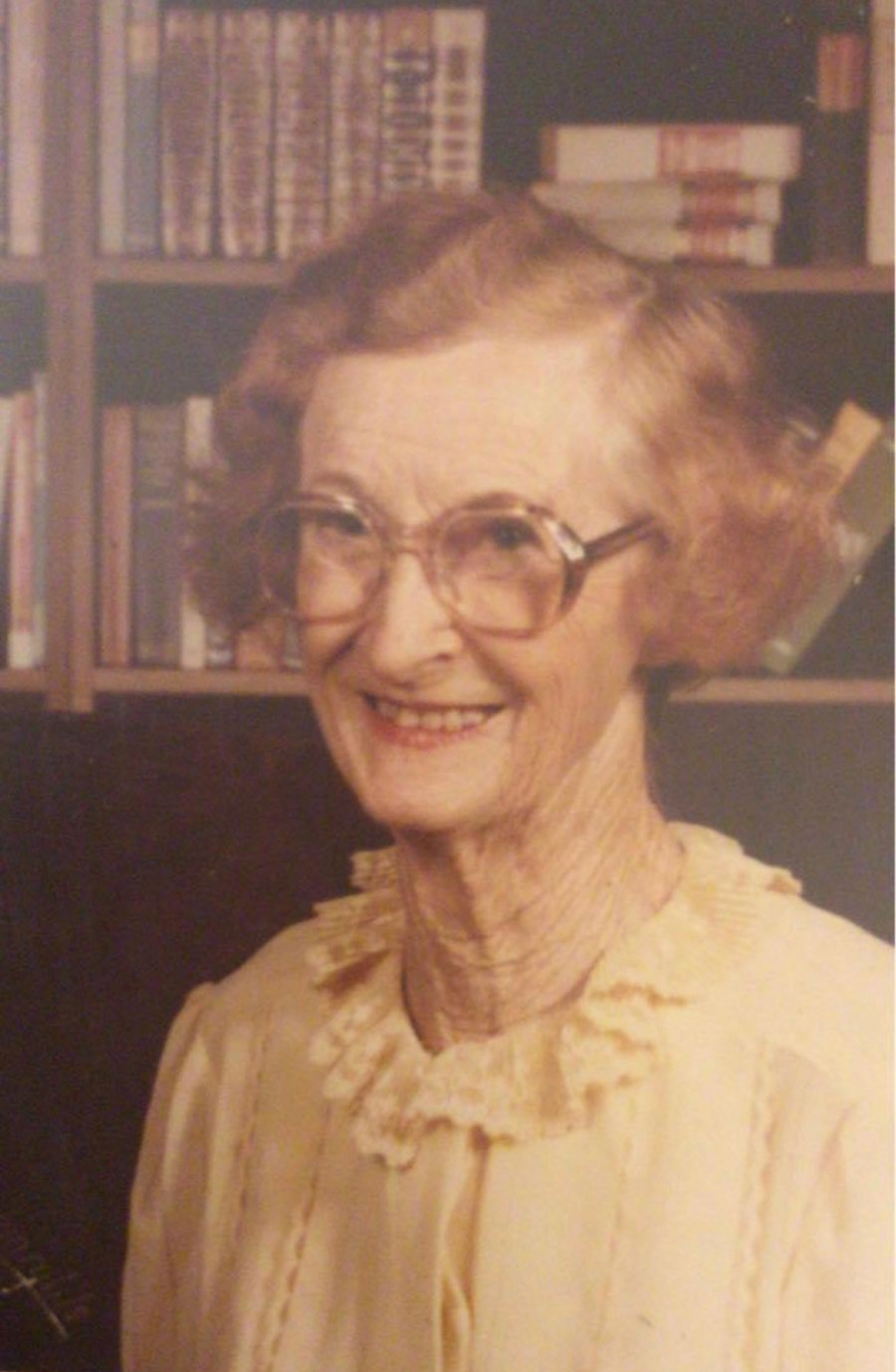Terry White remembers lots of vacations, holidays and adventures with her grandmother, Mary Hague Kelly.
“She was a woman that was a force," White said.
White also remembers the night she found out Kelly had been sexually assaulted, and murdered.
White had been shopping for a wedding dress when she came home and got a call from family.
Get top local stories in DFW delivered to you every morning. Sign up for NBC DFW's News Headlines newsletter.
“She was strangled, and then stuffed under her bed in a very undignified manner," White said.
Decades passed--33 years-- and with them, the hope that police would find her grandmother's killer.
“We got a phone call back last July, a year ago, a call that I never expected to receive," White said.
Local
The latest news from around North Texas.
Her case was solved because of Forensic Genetic Genealogy (FGG), DNA testing that researchers say is a game-changer for cold cases.

“We can now look at second cousins, third cousins, potentially even fourth cousins to be able to solve these kinds of cases that have sat without any investigative leads for a long time," said Michael Coble, executive director at the Center for Human Identification at the University of North Texas Health Science Center.
FGG also helped solve the 1974 murder of Carla Walker almost 50 years later.
Walker was a Western Hills High School junior who was kidnapped in 1974, held captive, sexually assaulted, then killed and left in a ditch.
Investigators said the abductor snatched Walker from the passenger seat of her boyfriend's car in a bowling alley parking lot after a Valentine's Day dance.
"This technology is a very bad day for the bad guys," said Jim Walker, the victim's brother.
The suspect lived one mile away from the Walkers for 47 years, said Tarrant County Assistant District Attorney Kim D'Avignon.
"This man almost got away with it. Absolutely almost got away with it," D'Avignon said.
D'Avignon, Walker, Coble and White were part of a roundtable discussion on Friday with U.S. Senator John Cornyn (R-TX), law enforcement, and Tarrant County leaders to discuss the Carla Walker Act.
The bill would create federal funding for FGG DNA testing.
The discussion took place at UNT's HSC in Fort Worth. Officials said UNT's lab is the only publicly accredited one that has FGG.
The lab helps law enforcement agencies across the state, but officials said each FGG test costs thousands of dollars.
“The small agencies that don’t have a lot of resources where, you know, they have to decide every day, ‘Do we try to use money to pay for another officer or a police car, or do we send this off for genetic testing?” Coble explained.
John Galloway, a detective with the Fort Worth Police Department's cold case unit, said they have over 1,000 cases right now, and one on his desk that could be solved with FGG.
“We’ve already identified 422 homicides and over 5,500 sexual assaults that we’re going back further and having to review to see if they’re unsolved, and if that DNA qualifies," said Trampas Gooding, Cold Case Investigation and Prosecution Coordinator with the Texas Rangers.
Tarrant County District Attorney Phil Sorrells said they have two pending cases that can be solved by FGG.
Cornyn's office said FGG DNA analyses can also help identify criminals and exonerate suspects who were wrongly accused of crimes.
Cornyn has not yet introduced the Carla Walker Act to Congress and said he doesn't have a timeline but hopes to get it passed by the end of the year. He also did not know how much it would cost.



